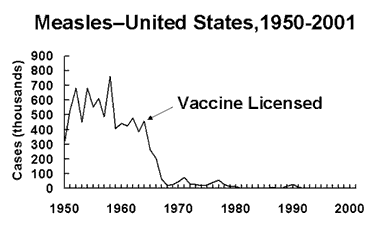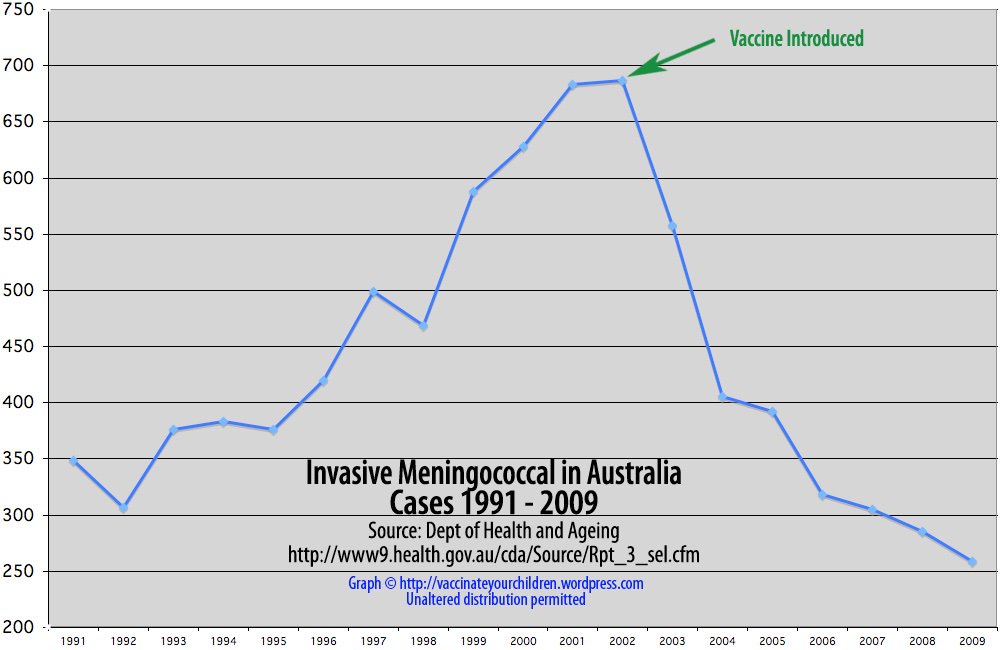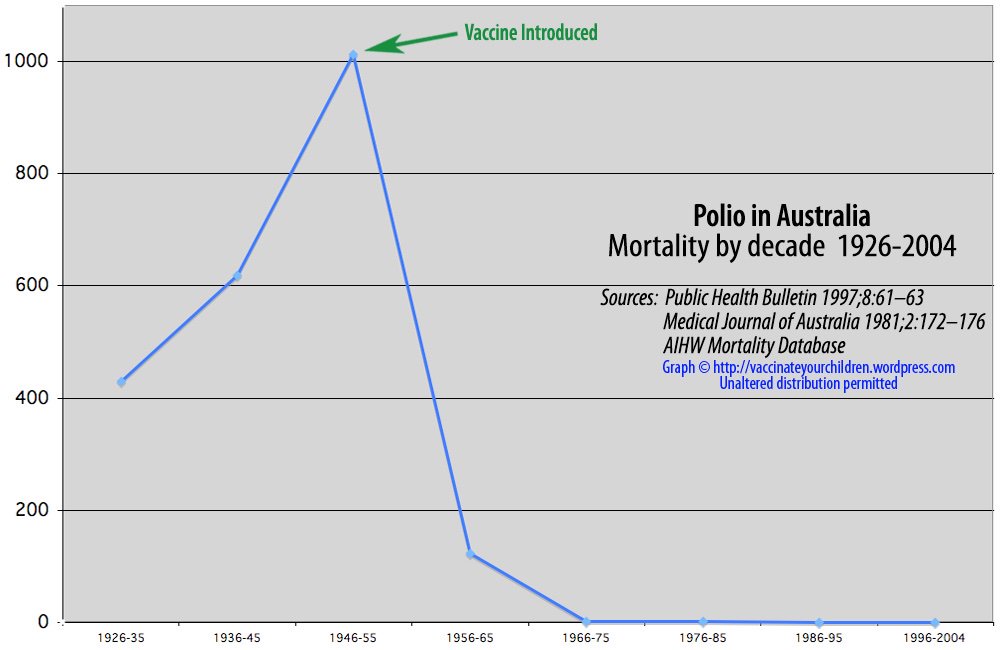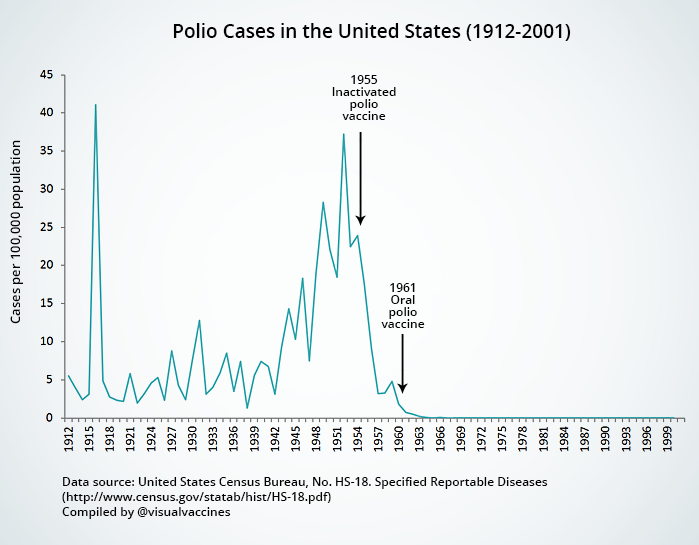People talk about science as if it’s a body, an organisation :
“Scientists say”, “the science says”, “we don’t trust science”.
But that’s not what science is. Science is a verb. A process. /1
“Scientists say”, “the science says”, “we don’t trust science”.
But that’s not what science is. Science is a verb. A process. /1
To destroy grammar entirely:
I science.
I observe, hypothesise and test my hypothesis, and observe again.
You don’t have to BELIEVE in science, you can go and science yourself. /2
I science.
I observe, hypothesise and test my hypothesis, and observe again.
You don’t have to BELIEVE in science, you can go and science yourself. /2
Better still, the entirety of human discovery and information is at your fingertips right now.
You can teach yourself to science, and then read about how others scienced too. /3
You can teach yourself to science, and then read about how others scienced too. /3
That process, of reproducible, incremental and observable deduction about our world is the bedrock of modern society.
The phone in your hand? The product of generations of science-ing.
(Sorry grammar.)
The fact that very likely all of your siblings survived childhood? Science./4
The phone in your hand? The product of generations of science-ing.
(Sorry grammar.)
The fact that very likely all of your siblings survived childhood? Science./4
In 1928 Alexander Fleming came back from his holiday to find mold accidentally growing in a petri dish of bacteria.
He OBSERVED that there was a ring around the mold where no bacteria grew.
He HYPOTHESISED that the mold must make something that killed bacteria. /5
He OBSERVED that there was a ring around the mold where no bacteria grew.
He HYPOTHESISED that the mold must make something that killed bacteria. /5
He scienced up the first ANTIBIOTIC.
If you want to do the EXACTLY the same thing you can do this at home:
You’ll need a Petri dish and some culture medium.
Some moldy bread.
Some bacteria (from your own skin would work).
A warm room.
I’ll wait here. /6
If you want to do the EXACTLY the same thing you can do this at home:
You’ll need a Petri dish and some culture medium.
Some moldy bread.
Some bacteria (from your own skin would work).
A warm room.
I’ll wait here. /6
Science is a process.
For medicines we science the hell out of new medicines.
Firstly they are tested in healthy volunteers for side effects.
Then in the group you want to treat to work out if they are effective. /7
For medicines we science the hell out of new medicines.
Firstly they are tested in healthy volunteers for side effects.
Then in the group you want to treat to work out if they are effective. /7
We tightly control everything we can to make sure an good effect we OBSERVE is definitely due to the medicine and not coincidence- this means giving half the group a placebo, tightly matching the two groups to compare and hundreds of other factors. /8
We then repeat this in hundreds sometimes thousands of patients, lasting years and costing £millions. The process involves hundreds of staff and millions of work hours, for a single medicine.
Then ALL of that data is published, for ANYONE to read for themselves. /9
Then ALL of that data is published, for ANYONE to read for themselves. /9
For vaccinations let’s make some observations.
After the introduction of vaccines the number of cases in multiple countries for multiple diseases appears to DROP ENORMOUSLY.
HYPOTHESIS: the vaccines were responsible. /10
After the introduction of vaccines the number of cases in multiple countries for multiple diseases appears to DROP ENORMOUSLY.
HYPOTHESIS: the vaccines were responsible. /10
How to test hypothesis at home: withdraw vaccines and OBSERVE results again.
Not ethical, but people are still doing it:
https://www.who.int/news-room/detail/29-11-2018-measles-cases-spike-globally-due-to-gaps-in-vaccination-coverage /11
HYPOTHESIS 1: vaccines work
HYPOTHESIS 2: People need to science more. /11
Not ethical, but people are still doing it:
https://www.who.int/news-room/detail/29-11-2018-measles-cases-spike-globally-due-to-gaps-in-vaccination-coverage /11
HYPOTHESIS 1: vaccines work
HYPOTHESIS 2: People need to science more. /11
Vaccines do have side effects, I’ve seen one I think first hand.
On the other hand I’ve seen several cases of preventable illnesses in children, mostly measles, some meningitis. /12
On the other hand I’ve seen several cases of preventable illnesses in children, mostly measles, some meningitis. /12
You can OBSERVE that vaccines are effective, and have some small side effects.
https://www.who.int/vaccine_safety/initiative/tools/vaccinfosheets/en/
You can also OBSERVE that vaccine preventable diseases are increasingly prevalent and their complication rates WORSE than the vaccine. /13
https://www.who.int/vaccine_safety/initiative/tools/vaccinfosheets/en/
You can also OBSERVE that vaccine preventable diseases are increasingly prevalent and their complication rates WORSE than the vaccine. /13
HYPOTHESIS:
You are more likely to have a preventable disease that affects your health if you are unvaccinated than have a vaccine-related sized effect. /14
You are more likely to have a preventable disease that affects your health if you are unvaccinated than have a vaccine-related sized effect. /14
And unfortunately your decision to science or not doesn’t affect only you:
- people with low immune systems can’t have some vaccines
-very young children, like my own week-old son, can’t have vaccines yet
-and a myriad of other vulnerable people
/15
- people with low immune systems can’t have some vaccines
-very young children, like my own week-old son, can’t have vaccines yet
-and a myriad of other vulnerable people
/15
They rely on the “herd” to be immune to a disease to stop it reaching them.
So if the healthy members choose not to vaccinate then there is more disease around, which could have fatal consequences for those who can’t be vaccinated. /16
So if the healthy members choose not to vaccinate then there is more disease around, which could have fatal consequences for those who can’t be vaccinated. /16
So to summarise:
- you can’t “believe” in science, it’s a verb.
- you CAN science yourself
- the risk/benefit of vaccines is far in favour of vaccines
- if you can’t be bothered to science then understand your decision affects more than you
- so science the shit out of it./end
- you can’t “believe” in science, it’s a verb.
- you CAN science yourself
- the risk/benefit of vaccines is far in favour of vaccines
- if you can’t be bothered to science then understand your decision affects more than you
- so science the shit out of it./end

 Read on Twitter
Read on Twitter





